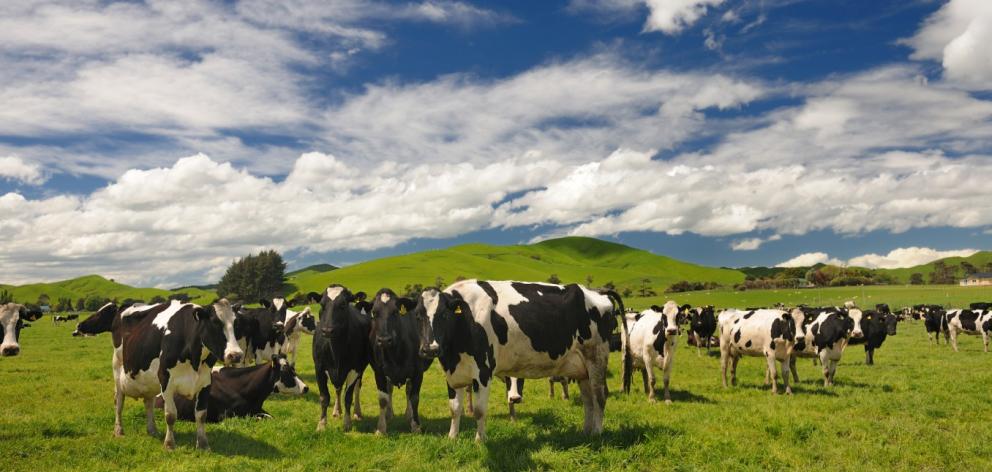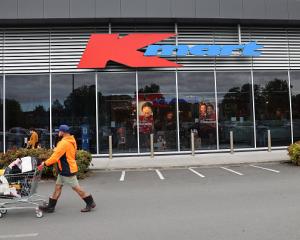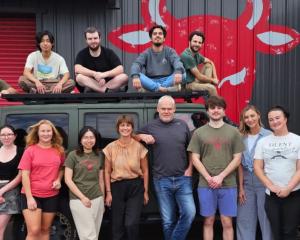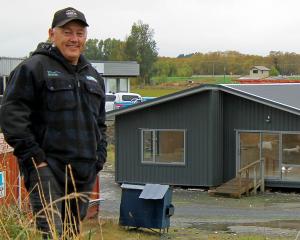
The comments come as the Ministry for Primary Industries rolls out a $4.5 million recruitment campaign aiming to fill a 10,000-job hole across the agricultural and primary sectors left by New Zealand's extended border closures through the Covid-19 pandemic.
The website and marketing campaign, 'opportunity grows here', was developed by ad agency Clemenger BBDO and the four-year project is being funded through a $19.3m allocation under this year's budget.
Agriculture Minister Damien O'Connor said it will seek to "redeploy recently unemployed Kiwis" to vital food and fibre sector jobs, which account for one in every seven jobs.
Big role in recovery
O'Connor said the sector was a "huge part of our economy and our brand" and will continue to play a big role in NZ's economic recovery.
"Many unemployed people are talented and have skills that are readily transferable. They just need to know that these opportunities exist – that's what this campaign is all about."
But the plan has met with criticism.
Richard Rowley, an innovation adviser at Tech Futures Lab in Auckland, said some people will manage to learn new skills, but many will not.
It will be a very challenging time for many, so it is not as simple as saying "oh well, I'll go be a farmer," he said.
Rowley, who has advised Air NZ, Beca, ANZ, BDO and Waste Management, suggested the slow start to fill 1,000 dairy farm jobs, and the fact that employers in several sectors are struggling to fill vacancies, "isn't because everybody's happy to be on welfare."
Rather, it comes down to how people are defined by their roles, and for some, the "leap of faith" is just too great.
He said when it comes to shifting career, self-esteem and confidence play a huge part. "As a result, most people will see only obstacles, including age, experience and physical ability."
Sirma Karapeeva, chief executive of the Meat Industry Association, said while the sector supports the initiative to attract more people into the industry – particularly on the back of ongoing labour shortages for meat processors and exporters – there is still a need to extend the time that skilled migrant workers can remain in the country.
"Skilled migrant workers are important to maintaining certainty of production and employing more New Zealanders."
Still need specialist skills
She said the stronger focus on hiring domestically will not replace the need to bring in specialist skills, including Muslim Halal processing people.
Rowley said there will also be many people out there who believed that they had found their career for life and now have just had the rug pulled out from under them.
"Can a flight attendant in their 40s picture him or herself in a muddy paddock at five o'clock in the morning, in the rain?"
Rowley said that expectation is both unrealistic and unfair, particularly when "you consider that government's emphasis is now on outdoor, hard labour type jobs in conservation and agriculture."
He said NZ should brace itself for a raft of mental health and addiction issues coming down the line.
"Our identity and value are attached to our job, and when that is stripped away, people can't love themselves anymore."












